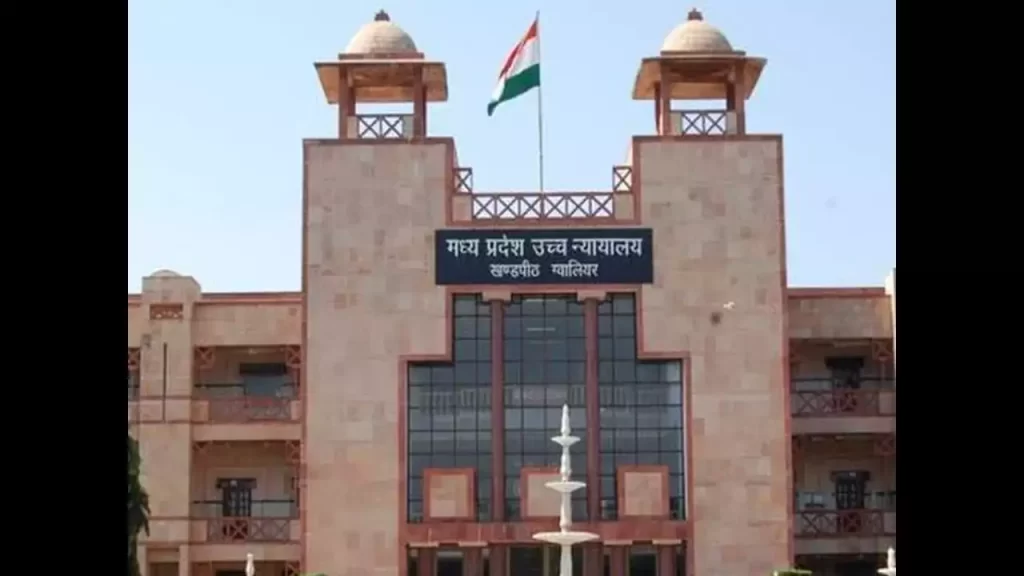Jahanvi Agarwal
The Madhya Pradesh High Court recently dismissed a writ petition challenging the appointment of High Court judges on the grounds of inadequate representation of SC/ST, OBC, or EWS candidates. The court clarified that the Constitution does not mandate adequate or proportionate representation for all categories in judicial appointments.
The division Bench comprising Acting Chief Justice Sheel Nagu and Justice Amar Nath (Kesharwani) highlighted the misconception that the role of a High Court Judge is similar to a civil post under the executive, stating that this view is “far from reality” since a High Court Judge holds a Constitutional office filled through a procedure outlined exclusively in the Constitution.
The bench observed, “Neither the Constitution nor judge-made law prescribes any reservation or adequate/proportionate representation of all categories in the appointment process. Therefore, providing such reservation would be dehors the Constitutional provision and judge-made law.”
Advocate Uday Kumar represented the petitioner, while Deputy Advocate General B.D. Singh appeared for the respondent. The Advocate argued that despite meeting the eligibility criteria under Article 217(2)(b) of the Constitution, which requires a minimum of 10 years of practice, he was not considered for appointment. He also contended that there was an over-representation of forward classes within the collegium and among appointed judges.
The petition challenged the legality of a notification issued by the Department of Justice, Ministry of Law & Justice, concerning the appointment of judges by the President of India under Article 217(1) of the Constitution.
The court explained that the Constitution does not require advertisements or selection processes involving written tests or interviews, asserting that the current procedure “cannot be found fault with.” The Bench remarked, “The collegium owes its existence and legal sanctity to judge-made law, which under Article 141 of the Constitution is binding on all courts, the executive, and the legislature.”
Regarding the claim of disproportionate representation of forward class judges, the Bench stated, “The Constitution not prescribing any reservation or adequate or proportionate representation for all categories means that any attempt to accede to the petitioner’s prayer would violate the constitutional provisions.” Consequently, the High Court dismissed the petition.
Case Name: Maruti Sondhiya v. Union of India & Ors.
Dairy Number: 28550/2023
Bench: Acting Chief Justice Sheel Nagu and Justice Amar Nath (Kesharwani)

